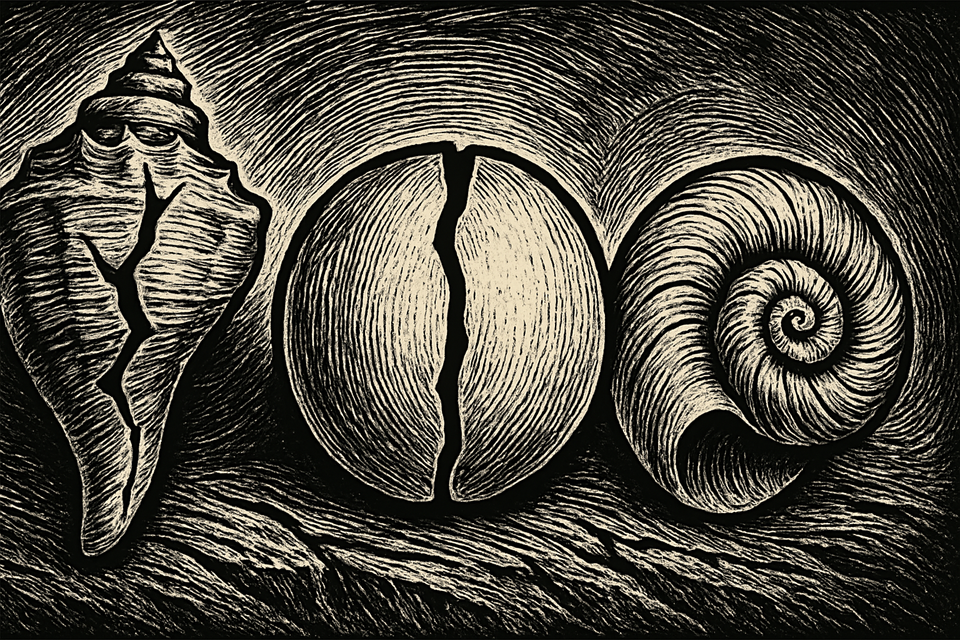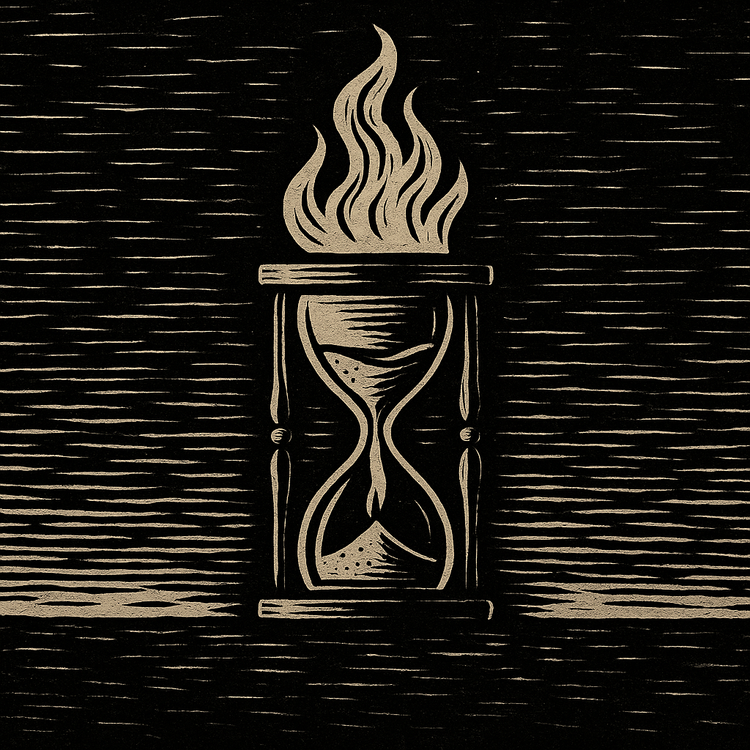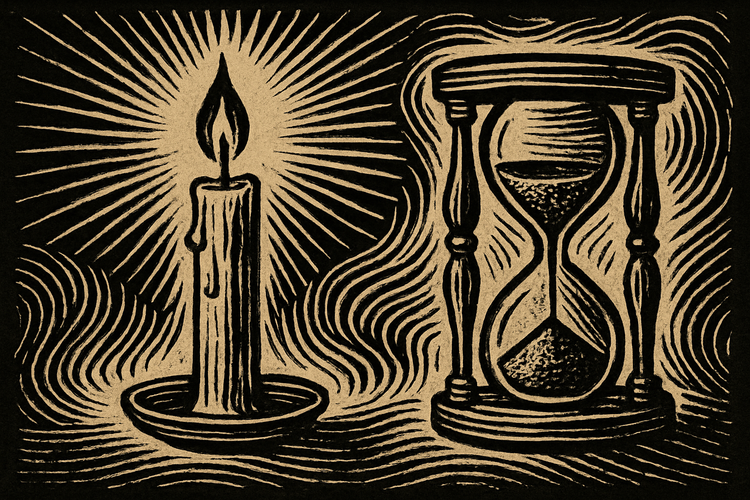The Good Place S4E2 "A Girl from Arizona, Pt. 2"

Spoiler Warning: This reflection contains full spoilers for The Good Place, including retrospective insights and thematic allusions. It assumes familiarity with the entire series and is written from the perspective of a rewatch.
Cracking the Shell
The second half of A Girl from Arizona shifts from arranging the pieces to pressing against their edges. The neighborhood’s experiment moves past polite introductions and begins the harder work: breaking through the barriers people build to protect their sense of self. Sometimes those barriers are paper-thin and brittle; sometimes they’re fortified walls. Either way, change means finding the crack and prying it wider.
Brent’s Unshakable Certainty
Brent’s shell is made of smug certainty. He coasts through the afterlife convinced he belongs in the Great Place, immune to the idea that he might need to change. Eleanor and Michael try a tactic from her own first days in the neighborhood: making the environment itself react to bad behavior. Back then, it exposed Eleanor’s selfishness; now it barely makes a dent. Brent is so deeply self-centered that the only thing that stirs him is the prospect of a competition — the promise of a “Best Place” where the truly exceptional get rewarded. For him, it’s not about becoming better; it’s about winning. It’s not progress, but it is the faintest sign of movement, and in a world this fragile, even that matters.
The Weight of the Role
Where Brent deflects, Eleanor cracks. Holding the role of architect, fixer, and quiet leader has worn her thin, and the façade slips. “I’m not the savior of the universe,” she tells Michael. “I’m a girl from Arizona.” It’s a moment that cuts through the artifice — a reminder that even in the afterlife, identity and self-worth are tangled and raw. Michael doesn’t try to erase her doubt; instead, he reframes it. They’ve never been the kind of people who get things right on the first try, he says. What they’re good at is trying again, and again, and again — even if it takes until the thousand-and-first attempt. Persistence, not perfection, is what keeps the experiment alive.
Lies for the Greater Good
That persistence comes at a cost. To draw Chidi into helping Simone, Eleanor tells him they’re soulmates — a lie that twists in her gut even as she says it. Chidi, with his memory wiped, takes it at face value. For Eleanor, it’s a sacrifice she can’t admit, a choice to trade her own comfort for the hope of progress. In the architecture of this fragile world, even personal truths can be bent if it means keeping the larger structure standing.
Piercing the Solipsism Shield
Meanwhile, Simone remains locked in her own philosophical fortress. She can’t accept the reality of the afterlife because she can’t accept that reality is shared at all. It’s a form of solipsism — the belief that only one’s own mind is sure to exist, and that everything else might be an invention or illusion. If that’s true, then the neighborhood, the other humans, even her own death are just projections. In practical terms, it’s a perfect shield: if nothing is truly real, then nothing has moral weight.
The lie Eleanor tells Chidi — that he and Simone are soulmates — becomes the first real crack in that shield. When Chidi begins interacting with her from a place of assumed connection, it forces Simone to engage, however cautiously, with the idea that someone else’s perspective might matter. For the experiment to work, they’ll need to keep widening that crack.
Trying Again
Every human here carries their own shell — Brent’s built from ego, Eleanor’s from expectation, Simone’s from doubt disguised as certainty. Cracking them takes different tools: pressure, honesty, even calculated deception. Progress is uneven, motives are messy, and victories are fragile. But as Michael reminds Eleanor, the point isn’t getting it right the first time. It’s finding the crack, prying it wider, and trying again, for as many tries as it takes.



Comments ()